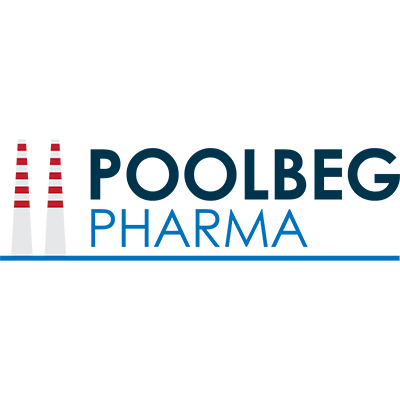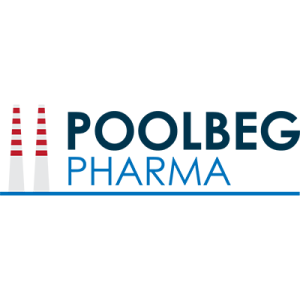GLP-1 (glucagon-like peptide-1) and its receptor agonists (GLP-1RAs) have emerged as a groundbreaking class of drugs in diabetes management, particularly due to their impressive efficacy in reducing obesity, a key factor in type 2 diabetes. Jeremy Skillington, CEO of Poolbeg Pharma, highlights the potential of this drug class.
These drugs mimic GLP-1 in the body, playing a crucial role in glucose metabolism and insulin secretion. Known for their ability to significantly lower blood glucose levels, GLP-1RAs offer an effective alternative to insulin. Unlike traditional treatments, they allow for less frequent administration, making them popular among patients and healthcare providers.
In March 2024, Novo Nordisk’s anti-obesity GLP-1RA drug, Wegovy, received FDA approval for its potential to reduce cardiovascular risks in non-diabetic patients. Earlier, in October 2023, Novo reported positive clinical data for Semaglutide, Wegovy’s active ingredient, in treating chronic kidney disease, indicating its broader potential in metabolic diseases.
GLP-1RAs mimic the naturally occurring hormone GLP-1, which is released during meals and stimulates insulin secretion from the pancreas to manage glucose levels. This process ensures insulin is released only when needed, aiding in maintaining optimal glucose levels.
The GLP-1RA market is projected to exceed $150 billion by 2031, underscoring its importance as global health expenditure on diabetes is expected to reach $825 billion by 2030. Although many injectable forms of GLP-1RAs exist, advancements in oral formulations are revolutionising diabetes treatment by providing a more accessible option for those preferring it over injections. Oral formulations offer benefits such as ease of administration, reduced manufacturing costs, improved patient compliance, and the potential to overcome needle-phobia.
Despite these advantages, creating an effective oral GLP-1RA has been technically challenging. Currently, the only available oral option is Novo Nordisk’s Rybelsus, approved for type 2 diabetes and based on semaglutide, the same ingredient in Wegovy. Due to their large peptide molecules, GLP-1s like semaglutide are not easily absorbed by the gut. Novo Nordisk addressed this by adding a “carrier” to increase absorption, reducing the active ingredient needed in the pill. Nevertheless, the oral formulation requires daily dosing, unlike the weekly doses of some injectable GLP-1s such as Novo Nordisk’s Ozempic, approved since 2017 for type 2 diabetes.
Pfizer attempted to develop a weekly or fortnightly-dosed oral GLP-1, danuglipron, but shifted focus to a daily formulation due to high discontinuation rates from gastrointestinal side effects. Additionally, GLP-1RAs face supply shortages as manufacturers struggle to meet high demand, partly driven by their off-label use for weight loss.
Oral GLP-1RAs represent a comprehensive approach to treating diabetes and related metabolic conditions. Their mechanisms of action include insulin secretion, glucagon suppression, gastric emptying regulation, and appetite control, highlighting their potential for extensive glycaemic management. Advancements in oral formulations continue to offer patients more convenient options for improved health.
Targeting specific areas of the gut to enhance the effectiveness of oral metabolic peptides aims to ensure ready and safe absorption into systemic circulation, providing effective treatment for diabetes, obesity, and other metabolic diseases. As the diabetes epidemic grows globally, the need for accessible, effective, and innovative treatments is more critical than ever. Advances in oral delivery systems for GLP-1RAs could transform diabetes management and significantly improve patients’ lives, marking a milestone in combating diabetes and related metabolic diseases.
Poolbeg Pharma plc (LON:POLB) is a clinical stage infectious disease pharmaceutical company, with a novel capital light clinical model which enables us to develop multiple products faster and more cost effectively than the traditional biotech model.



